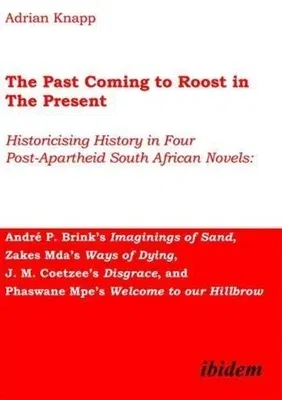Adrian Knapp
(Author)The Past Coming to Roost in the Present: Historicising History in Four Post-Apartheid South African Novels: André P. Brink's Imaginings of Sand, Zakes MdaPaperback, 7 October 2006

Qty
1
Turbo
Ships in 2 - 3 days
In Stock
Free Delivery
Cash on Delivery
15 Days
Free Returns
Secure Checkout

Print Length
116 pages
Language
English
Publisher
Ibidem Press
Date Published
7 Oct 2006
ISBN-10
3898216861
ISBN-13
9783898216869
Description
Product Details
Author:
Book Format:
Paperback
Country of Origin:
US
Date Published:
7 October 2006
Dimensions:
21.01 x
14.81 x
0.64 cm
Genre:
African
ISBN-10:
3898216861
ISBN-13:
9783898216869
Language:
English
Location:
New York
Pages:
116
Publisher:
Weight:
154.22 gm